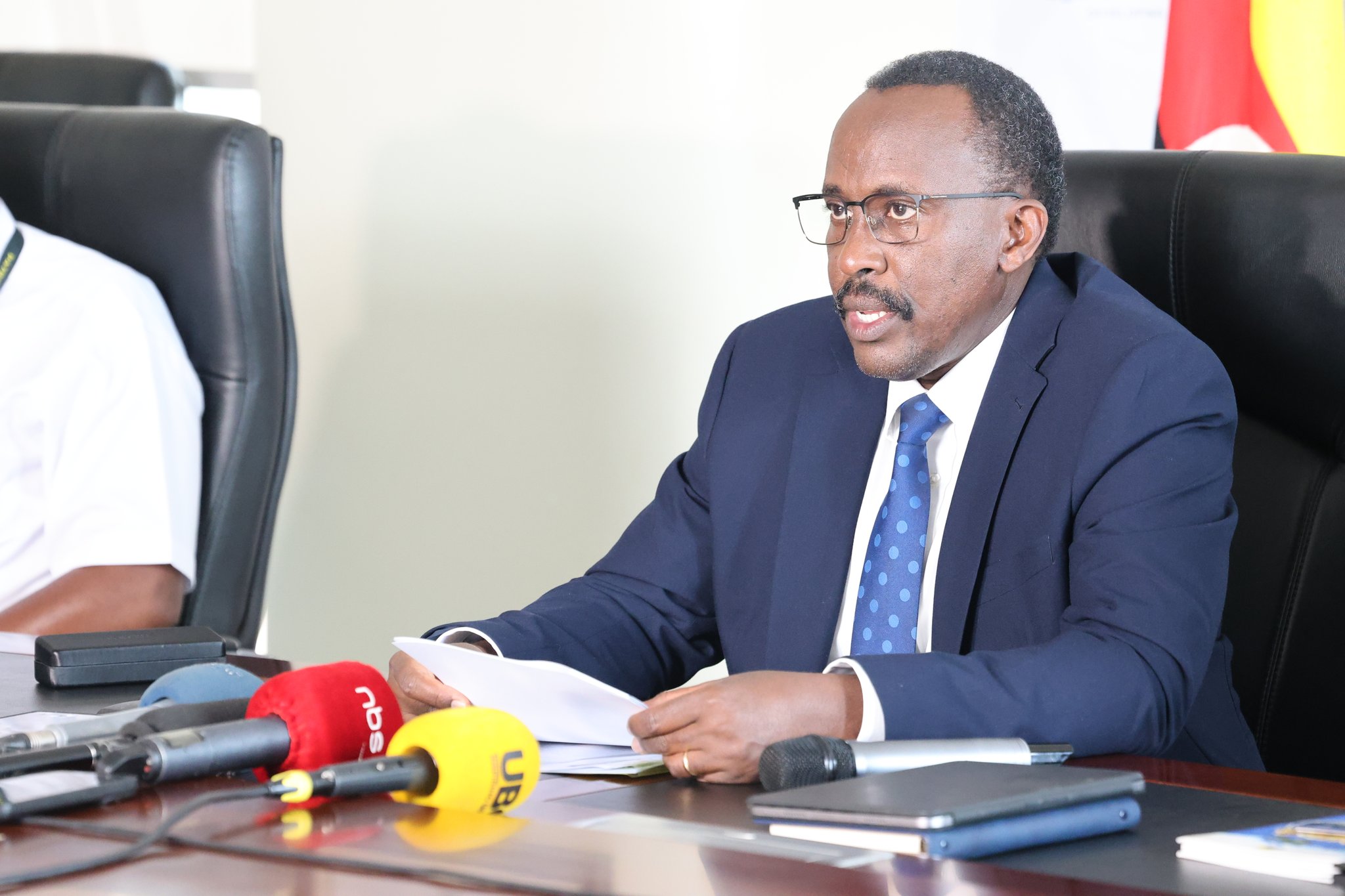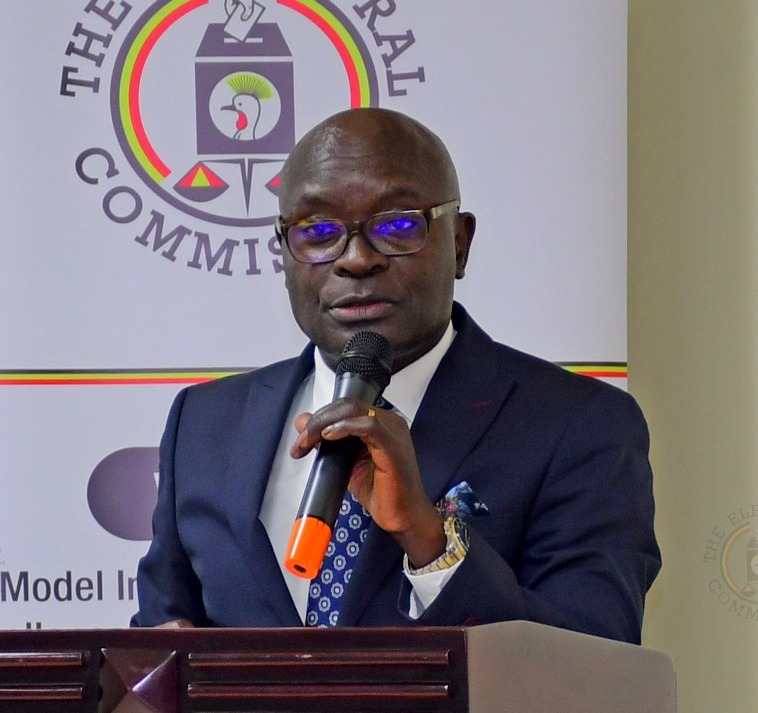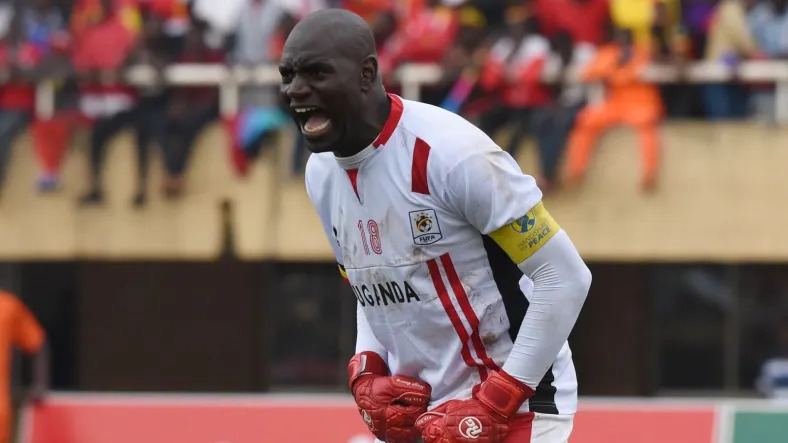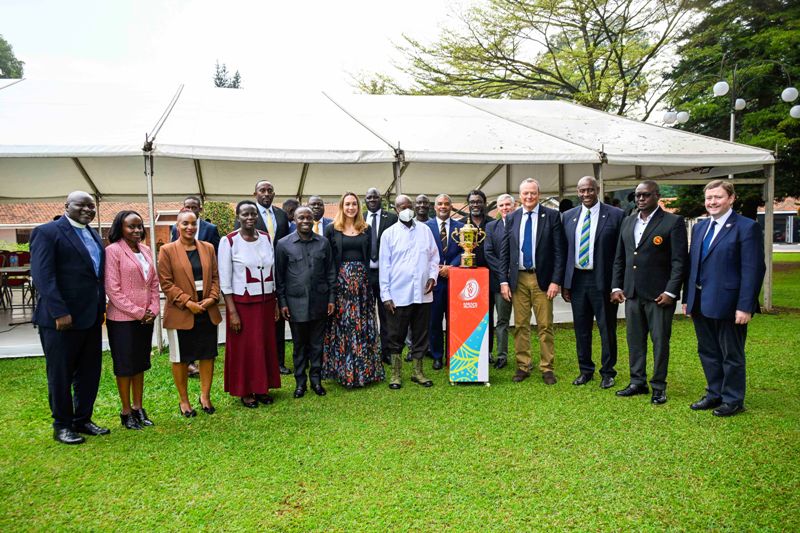Here are Uganda’s biggest corruption scandals of the past ten years
These scandals reflect a persistent pattern of corruption and misuse of public resources, undermining trust in public institutions and highlighting the need for more effective anti-corruption measures in Uganda.
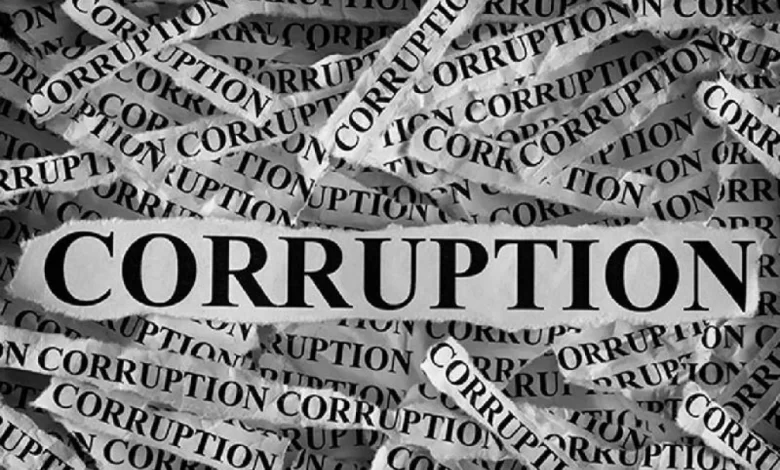
Despite the government’s efforts to establish anti-corruption institutions to address corruption in public service, the prevalence and impact of corrupt practices remain deeply entrenched.
Today, we highlight some of the major corruption scandals that have rocked Uganda from 2013 to 2024.
Katosi Road Scandal (2013/2014)
Since 1996, President Museveni promised to upgrade the 74 km Mukono-Katosi road. In 2010, just before the 2011 elections, the road was slated for an upgrade. Eutaw International Ltd purchased bid documents for this and four other projects. However, during the bid evaluation, a different name, Eutaw Construction Ltd, appeared and claimed to be connected to Eutaw International in the United States of America. Under pressure from the Ministry of Works, the Uganda National Roads Authority (UNRA) quickly signed a contract with this fake company, which received an advance payment of UGX 24.7 billion and subcontracted the road work to CICO Construction Corporation for UGX 12 billion in July 2014.
UNRA later discovered that it had been scammed by Apollo Senkeeto, the Ugandan representative of the fictitious Eutaw. By then, the subcontractor had completed work worth UGX 6.1 billion, prompting UNRA to sue for the remaining funds. In August 2018, Apollo Senkeeto and two others were convicted of causing a UGX 24.7 billion loss, with Senkeeto receiving a ten-year sentence. The finance director and accountant of the fake Eutaw were sentenced to five years in prison each. Others involved, including former Minister for Works Abraham Byandala, former UNRA director Bernardo Kimeze, and former Housing Finance bank staff member Isaac Mugote, were acquitted due to insufficient evidence.
Apollo Senkeeto, along with Timothy McCoy, Richard Pratt, Michael Olvey, and Niu Hong from the fake Eutaw, were ordered to refund UNRA. By 2019, the Inspectorate of Government had barely recovered the UGX 24.7 billion because the American businessman related to the fake Eutaw had fled to the United States of America, complicating the recovery process. Senkeeto was released on bail in 2019 for health reasons, pending his appeal.
UBC Land Sale (2016)
On February 14, 2011, the Uganda Broadcasting Corporation (UBC) sold government land in Bugolobi to businessman Hassan Bassajjabalaba’s Haba Group for UGX 11.5 billion, despite the land being crucial for hosting telecom masts. Haba Group sold the land to Deo and Sons for UGX 22 billion shortly after. UBC’s managing director, Paul Kihika, later cancelled the sale, claiming it was illegal due to the lack of ministerial approval, which was only obtained three months later. The High Court ruled in favour of UBC, restoring its title.
Haba Group appealed the decision, but before the appeal was resolved, they settled out of court, reversing the High Court’s ruling. Haba Group then sold the property to Minister Margaret Muhanga. However, the Court of Appeal annulled this settlement, agreeing with the High Court that the sale was illegal.
Oil Handshake (2017)
In 2015, the government of Uganda emerged victorious in a case against the oil company Heritage Oil. The United Nations Commission on International Trade Law (UNCITRAL) dismissed a case filed by Heritage, which had challenged a decision by the Uganda Revenue Authority (URA) to collect UGX 1.1 trillion for capital gains tax. Following this victory, several senior government officials, including URA’s then-commissioner general Doris Akol and former Kampala Capital City Authority executive director Jennifer Musisi, requested a portion of the awarded money.
In 2017, the Parliamentary Committee on Commissions, Statutory Authorities, and State Enterprises (COSASE) recommended that those who had benefited from the UGX 6 billion ‘presidential oil handshake’ refund the money and be investigated by the Inspector General of Government. Despite this recommendation, President Museveni defended the payment, arguing that it was made in the country’s best interest.
Ghost Refugees (2018)
In 2018, four officials from the Office of the Prime Minister, including Commissioner for Refugees Apollo Kazungu, along with Walter Omondi, John Baptist Sentamu, and Francis Nkwasibwe, allegedly colluded with staff from the United Nations High Commissioner for Refugees (UNHCR) and the World Food Programme (WFP) to inflate refugee numbers by an estimated 300,000. This led to their suspension while investigations were conducted. The officials were accused of creating fake names in refugee settlements, especially in western Uganda, which led to the loss of millions of dollars intended for aid.
As a result of the scandal, countries like Japan, the UK, and Germany suspended their funding for Uganda’s refugee program, highlighting the serious consequences of the fraud.
Lubowa Specialised Hospital (2019 and Ongoing)
In March 2019, Parliament approved a loan of US$397 million (UGX 1.4 trillion) to an Italian company called Finasi for the construction of the Lubowa Specialised Hospital. The hospital was intended to enhance access to specialized medical care and reduce costs, as Uganda spends UGX 278 billion on medical tourism each year. However, the processes leading to the approval of the promissory note violated Article 159 of the Constitution, as it was reached without Parliament’s approval, and there was no competitive bidding for the hospital’s construction.
A partnership was formed between Finasi and Roko Construction, a local company, with Finasi owning 95% of the shares and Roko 5%. At US$397 million, this will be the most expensive hospital built in Uganda — hospitals built on similar terms would cost around US$25 million. Members of Parliament have stated that they are unsure of the purpose of financing the hospital, as they have been barred twice from accessing the construction site and inspecting progress. The hospital is expected to be completed by December 2024.
The Iron Sheets Scandal (2023)
In 2023, it was revealed that 26 ministers and 31 MPs received iron sheets intended for housing vulnerable people in Karamoja as part of the Karamoja Community Empowerment Programme. Out of 100,000 iron sheets, about 14,000 were distributed to senior government officials, including State Minister for Karamoja Affairs Agnes Nandutu, Speaker of Parliament Anita Among, Prime Minister Robinah Nabbanja, Vice President Jessica Alupo, and Minister for Karamoja Affairs Mary Goretti Kitutu.
Amos Lugolobi, Mary Goretti Kitutu, and Agnes Nandutu were jailed and charged with ‘dealing in suspect property’ under the Anti-Corruption Act. Some officials returned the iron sheets or reimbursed the government following President Museveni’s directive. In May 2023, the Director of Public Prosecutions closed 17 cases related to the iron sheets scandal.
These scandals reflect a persistent pattern of corruption and misuse of public resources, undermining trust in public institutions and highlighting the need for more effective anti-corruption measures in Uganda.



